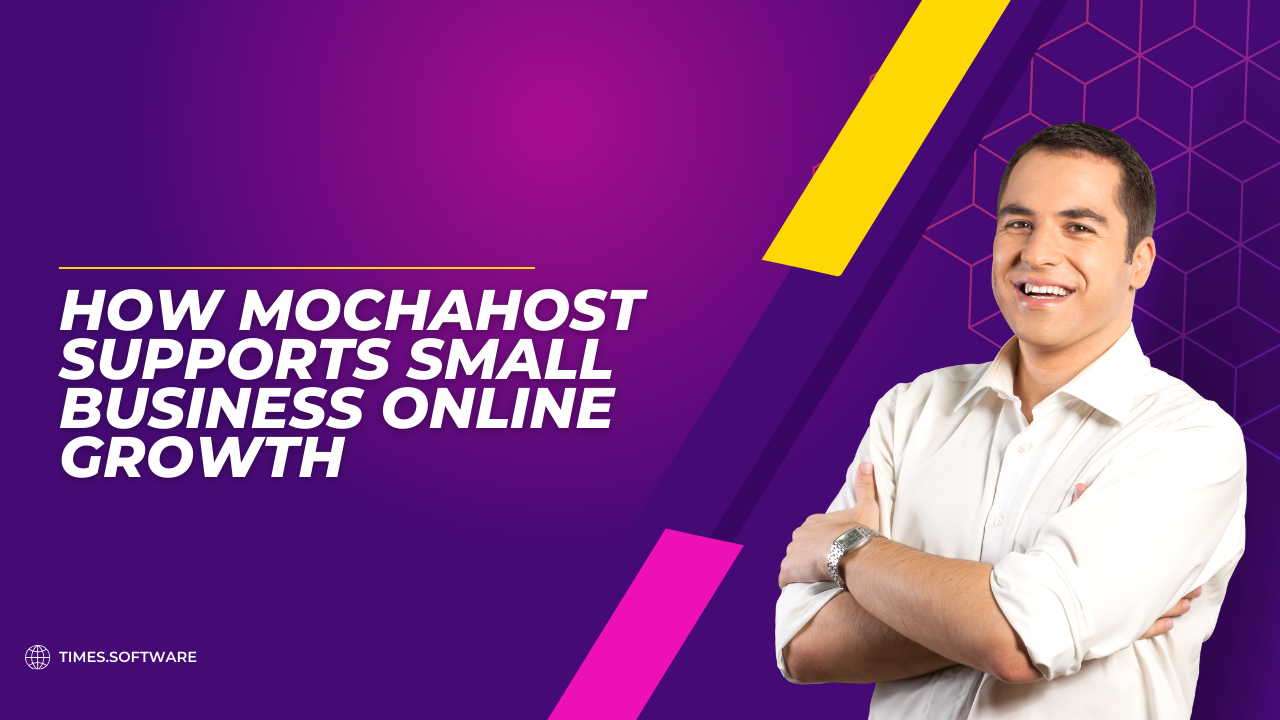Discover the inspiring story behind Pacha Soap Co. and how they’ve revolutionized the personal care industry through ethical sourcing, eco-friendly practices, and community empowerment. This in-depth article explores their sustainable supply chain, plastic-free packaging, fair wages, and impact-driven mission. Learn how Pacha stands out from conventional brands by prioritizing people and the planet. Whether you’re an eco-conscious buyer or simply curious about ethical beauty, this guide reveals why Pacha Soap is more than just a soap—it’s a movement for global good. Make smarter, kinder choices with every purchase.
Table of Contents
ToggleIntroduction
Let’s be real—“natural,” “eco-friendly,” and “ethical” are words that get tossed around a lot. But how many brands actually live up to them?
That’s where Pacha Soap Co. stands out.It’s not simply a lovely soap opera.. It’s a movement.
So, what’s the deal with Pacha Soap? Is it truly ethical and sustainable, or is it just another brand riding the greenwave?
Let’s dive in.
The Roots of Pacha Soap Co.
Founding Story
Pacha Soap was born out of a trip to Peru. The founders were inspired by the connection between health, hygiene, and community empowerment. Their goal? Make a product that does good while being good.
Mission and Vision
Their mission is clear: “To create purposeful products that cultivate prosperity around the world.” It’s not just about profit—it’s about people and the planet.
The Meaning Behind “Pacha”
In Quechua, an indigenous language of South America, “Pacha” signifies “earth.” That connection to earth isn’t just symbolic—it’s in their soap, sourcing, and soul.
Why It Matters in the Beauty Industry
The beauty industry has a not-so-beautiful side—exploitation, pollution, and toxic ingredients. Brands like Pacha Soap challenge that norm and create a better standard.
Pacha Soap’s Ethical Supply Chain
Ingredients That Make a Difference
Shea butter, coconut oil, and essential oils are among the responsibly obtained substances used by Pacha.No harsh chemicals. No shortcuts.
Direct Trade and Fair Wages
They source directly from farmers and pay them fair wages—cutting out the greedy middlemen.
Supporting Local Communities
In places like Burkina Faso and Ghana, Pacha invests in soap-making workshops, job training, and clean water projects.
Minimal Water Usage
Their cold-process soap-making method is environmentally friendly because it utilizes very little electricity and water.
Sustainable Manufacturing
Pacha’s facilities are powered by renewable energy and built with waste reduction in mind.
Transparency in the Process
Open Ingredient Lists
No shady stuff here. Every ingredient is clearly listed. If you can’t pronounce it, it’s probably not in there.
Behind-the-Scenes Factory Tours
They even offer factory tours so you can literally see how your soap is made.
Certifications and Verifications
Pacha satisfies strict requirements for social and environmental effect because they are a Certified B Corp.
Social Impact of Pacha Soap
Clean Water Initiatives
Every purchase helps fund clean water initiatives in underdeveloped regions.
Job Creation in Developing Nations
From sourcing to soap making, Pacha creates employment where it’s needed most.
Women Empowerment Projects
Their programs empower women with financial independence and leadership training.
How Pacha Soap Compares to Big Brands
Conventional Soap Companies
Most big brands prioritize volume and profit, not people or the planet.
Indie Competitors
Some indie brands do try—but Pacha combines scale, transparency, and heart like few others.
What Sets Pacha Apart?
Their combo of direct trade, community development, and eco manufacturing is rare in any industry.
Real User Reviews and Testimonials
From Customers
The scent, lather, and skin feel are all highly praised, as are the positive effects of making ethical purchases.
From Retail Partners
Retailers love Pacha’s story-driven marketing and loyal customer base.
From NGO Collaborators
Non-profits partner with Pacha because they walk the talk, not just throw money around.
Is Pacha Soap Really As Ethical As It Claims?
Third-Party Audits
Their B Corp status is reviewed annually. No greenwashing here.
Criticism and Challenges
Some critics say prices are too high—but fair wages and eco ingredients don’t come cheap.
Pacha’s Response
They’re transparent, always improving, and actively engaging with customer feedback.
Pacha Soap’s Role in Conscious Consumerism
Teaching the Buyer
Pacha includes stories and educational material in their packaging. Knowledge = power.
Encouraging Mindful Shopping
Their message is: “Buy less, but better.” Quality over quantity.
Community Outreach
They work with schools and NGOs to spread awareness of ethical consumerism.
.
Future of Pacha Soap
Innovation in Sustainability
Expect more zero-waste products, refill stations, and carbon-neutral shipping.
Expansion Plans
They aim to reach more global markets—while maintaining local ethics.
Long-Term Vision
To be a global leader in social enterprise—where every bar of soap tells a story.
Should You Support Pacha Soap?
Pros and Cons
Pros: Ethical, eco-friendly, transparent, high-quality.
Cons: Slightly more expensive.
Price vs. Purpose
Making a significant impact comes at a modest cost.
Making a Responsible Choice
If you’re tired of empty claims and want to put your money where your values are—Pacha is worth it.
Conclusion
In a world full of brands that talk the talk, Pacha Soap Co. walks the walk.
They’ve proven that a bar of soap can be more than just a cleanser—it can be a symbol of change, a source of dignity, and a tool for good.
So next time you’re shopping for soap, remember this: it’s not just about what’s on your skin—it’s about what’s behind the bar.
Read Also:
Unlocking Wellness: How Your Super DE is Transforming the Superfood Industry
Tiqets: Your Ultimate Ticketing Platform for Seamless Travel and Attraction Bookings
Weight Watchers Online: Achieve Your Health Goals with Personalized Weight Loss Programs
TicketNetwork: Your Go-To Marketplace for Concert, Sports, and Event Tickets
The Rise of Kontist: Smart Banking Solutions for Modern Professionals
Why Novakid Global ARABIC Is a Game-Changer in Digital Language Education
Frequently asked questions
Their direct-trade sourcing, plastic-free packaging, and social impact programs make them a standout.
Yes! They use eco-friendly, compostable packaging—no plastic in sight.
All soaps are handmade in the USA, using globally sourced, ethical ingredients.
Absolutely. They work directly with communities in Africa and Central America through sourcing and development projects.
Yes. They are a Certified B Corp and undergo regular third-party audits.















